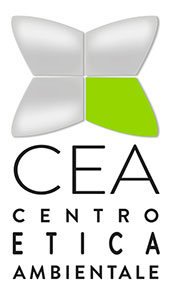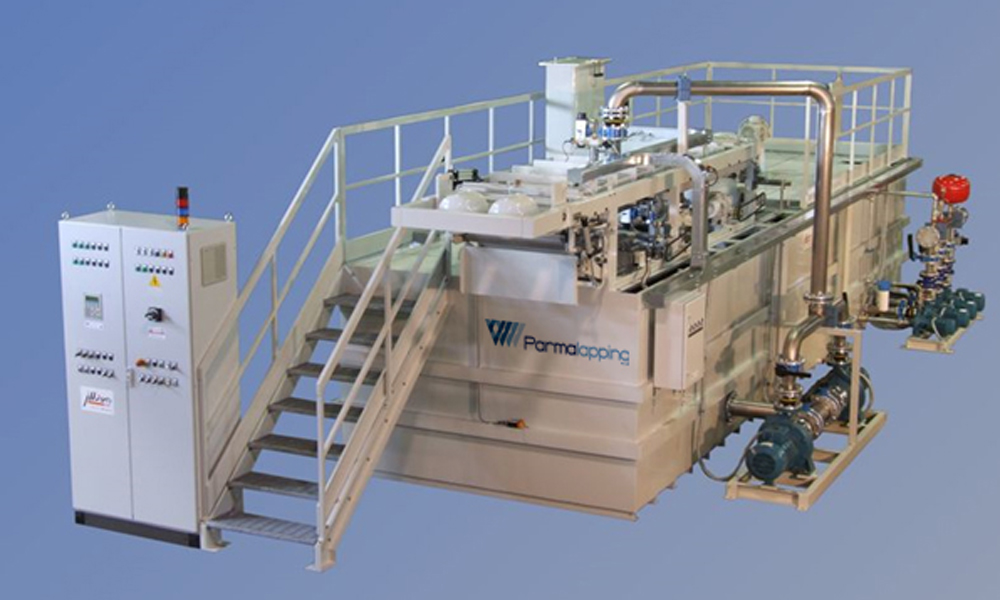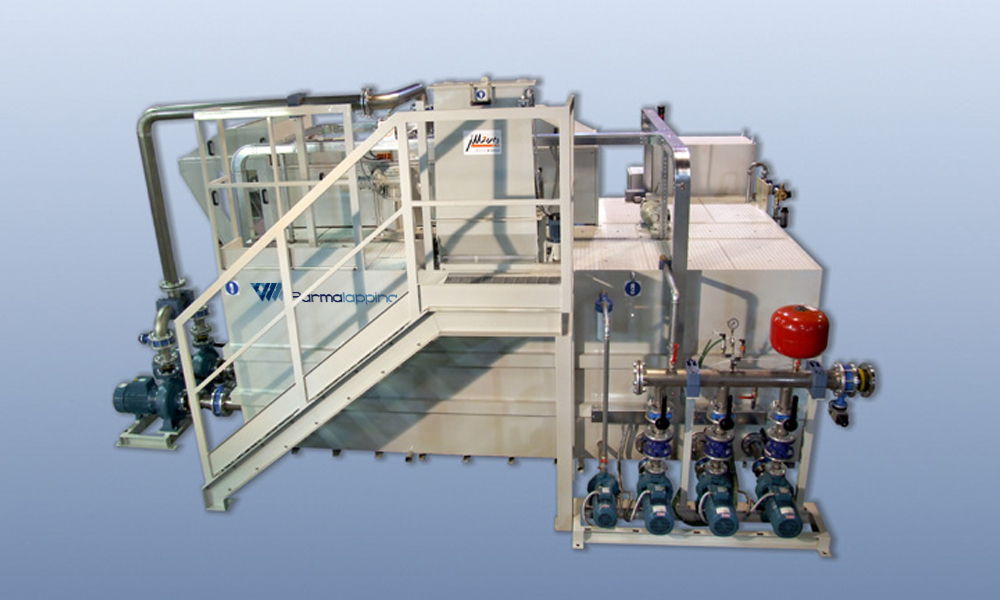This system allows the water to be separated from the sludge produced during grinding, leaving only filtered water in the circuit that returns to the machine tools.
BENEFITS :
- We no longer have a single litre of emulsified water to dispose of.
- We have improved the health of our employees by removing odours and mould from the cooling circuit.
- We have improved the durability of our machines and maintenance by removing the swarf that used to run in the water.
- We always have filtered water at 8/10 mc and constant temperature, which allows us to improve the quality of the ground parts.
- The disposal of grinding sludge, assessing whether it can be reused in some processing.
We need people who have the desire, responsibility and curiosity to get informed and do something concrete, today, focusing on ethical issues related to the environment, sustainability and personal growth.
Climate Change as an Ethical and Political Challenge :
- Drinking water
- Air to breathe
- Climate crisis
- Air pollution effects on human health
In light of the inseparable link between humans and the environment, communities must strive to safeguard the planet's natural resources and assets, not least to ensure that future generations can enjoy them.
The role of businesses in combating climate change
The climate changes we are experiencing today are the result of cooperation between institutions that have favoured an economic policy and a development of infrastructures, production techniques and lifestyles that have a strong impact on the climate: free trade agreements; the institutionalisation of international commercial arbitration to facilitate the signing of contracts between private companies operating in different jurisdictions; the process of standardisation that favours the spread of global production chains, the construction of road networks, and the choice of energy-intensive industrial processes to meet strategic and military objectives.
States bear a large share of the responsibility in these developments, but it is corporations that are the protagonists: from big oil companies to purchasing power stations, passing through the fora where the rules of international trade are decided, in the strictest secrecy, the private sector has contributed to the construction and expansion of the economic structures that are now on trial for climate change. This raises the question of the role and responsibility of the public and private sectors in the face of this challenge: states and businesses have distinct, opposing or complementary responsibilities in the fight against global warming.
Parmalapping is committed to technological choices and a commitment to constant innovation that takes into account the need to safeguard resources and the environment.
Prevention is unanimously recognised as the most effective environmental protection measure.
Progress in science and medicine alone is not enough to stop pandemics.
We must restore our lost alliance with nature.
This responsibility is ours and leaves a heavy legacy to our children and grandchildren.
What can we do?
We need a cultural, economic and political revolution.
A paradigm shift is called for; we must stop thinking only of ourselves and our immediate needs; we must consider that everything we do has an impact, and we need to act for the good of others and the world.
We must demand that those who rule us act for the common good and that companies, such as fossil fuel companies, stop harming the planet.
Scientists have known for decades what is involved in emitting greenhouse gases into the atmosphere, but until now they have not been listened to enough.
It is time to change course and act, and we need to do it now.
What can you do?
Every one of us must feel involved in the fight against climate change,
There are 4 key rules for reducing our greenhouse gas emissions:
- Eat healthily and sustainably by opting for a varied and balanced diet based on the consumption of plant-based, seasonal and environmentally friendly foods, taking care to avoid waste.
- Saving energy by reducing consumption of lighting, air conditioning and heating, and eliminating waste in the home and work environment, for example by avoiding stand-by appliances and disconnecting them from the power whenever possible.
- Use sustainable means of transport such as environmentally friendly cars, public transport, bicycles and car sharing, taking trains instead of planes, where possible.
- Reduce our own waste by getting rid of packaging as much as possible, reusing it and recycling the materials used as correctly as possible.
Unity is strength
Let us all try together to heal the planet.
Let's think about what we want to leave to our grandchildren.
“Maybe one day they will thank us”







